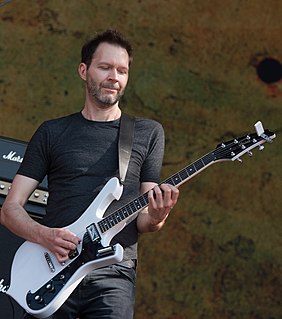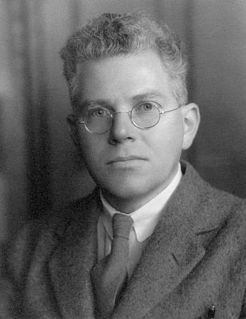A Quote by Joyce Carol Oates
The - the sort of thing that I want to do is to strike a resonant chord of universality in other people, which is best done by fiction.
Related Quotes
Truth is not only stranger than fiction, it is more telling. To know that a thing actually happened gives it a poignancy, touches a chord, which a piece of acknowledged fiction misses. It is to touch this chord that some authors have done everything they could to give you the impression that they are telling the plain truth.
A scale is just the notes that are in a chord played one at a time instead of together. That's what has allowed me to go through the possible notes that work with a chord and make choices about which ones I like best. I go through by ear; you can do it by theory too, but the best way is to learn by ear.
Steven Pinker says, the invention of printing and the widespread appearance of fiction -
this taught empathy. If you read a novel, you're in someone else's head, in three, five different people's heads. Suddenly, the principle of "Don't do anything to anyone that you wouldn't want done to you" becomes real in people's minds. That's a fantastic achievement if fiction is indeed partly responsible for it. That's a great thing to be a part of. In the end, then, I don't know if writers have legislated, but they have civilized.
I believe that science is best left to scientists, that you cannot have managers or directors of science, it's got to be carried out and done by people with ideas, people with concepts, people who feel in their bones that they want to go ahead and develop this, that, or the other concept which occurs to them.





































